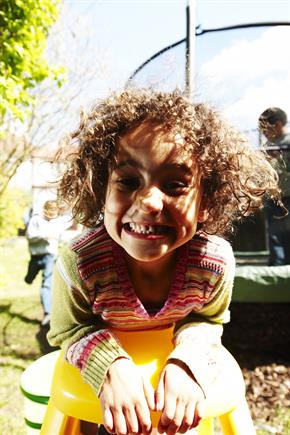
Heatwave

If a heatwave hits this summer, make sure the hot weather doesn't harm you or anyone you know.
There are many risks posed by a heatwave, these are:
- Dehydration (not having enough water)
- Overheating, which can make symptoms worse for people who already have problems with their heart or breathing
- Heat exhaustion and heatstroke
Who is most at risk?
A heatwave can affect anyone, but the most vulnerable people are:
- Older people, especially those over 75
- Babies and young children
- People with a serious chronic condition, especially heart or breathing problems
- People with mobility problems – for example, people with Parkinson's disease or who have had a stroke
- People with serious mental health problems
- People on certain medications, including those that affect sweating and temperature control
- People who misuse alcohol or drugs
- People who are physically active – for example, labourers or those doing sports
Tips for coping in hot weather
- Shut windows and pull down the shades when it is hotter outside. If it's safe, open them for ventilation when it is cooler.
- Avoid the heat: stay out of the sun and don't go out between 11am and 3pm (the hottest part of the day) if you're vulnerable to the effects of heat.
- Keep rooms cool by using shades or reflective material outside the windows. If this isn't possible, use light-coloured curtains and keep them closed (metallic blinds and dark curtains can make the room hotter).
- Have cool baths or showers, and splash yourself with cool water.
- Drink cold drinks regularly, such as water and diluted fruit juice. Avoid excess alcohol, caffeine (tea, coffee and cola) or drinks high in sugar.
- Listen to alerts on the radio, TV and social media about keeping cool.
- Plan ahead to make sure you have enough supplies, such as food, water and any medications you need.
- Identify the coolest room in the house so you know where to go to keep cool.
- Wear loose, cool clothing, and a hat and sunglasses if you go outdoors.
- Check up on friends, relatives and neighbours who may be less able to look after themselves.


 Translate this page
Translate this page